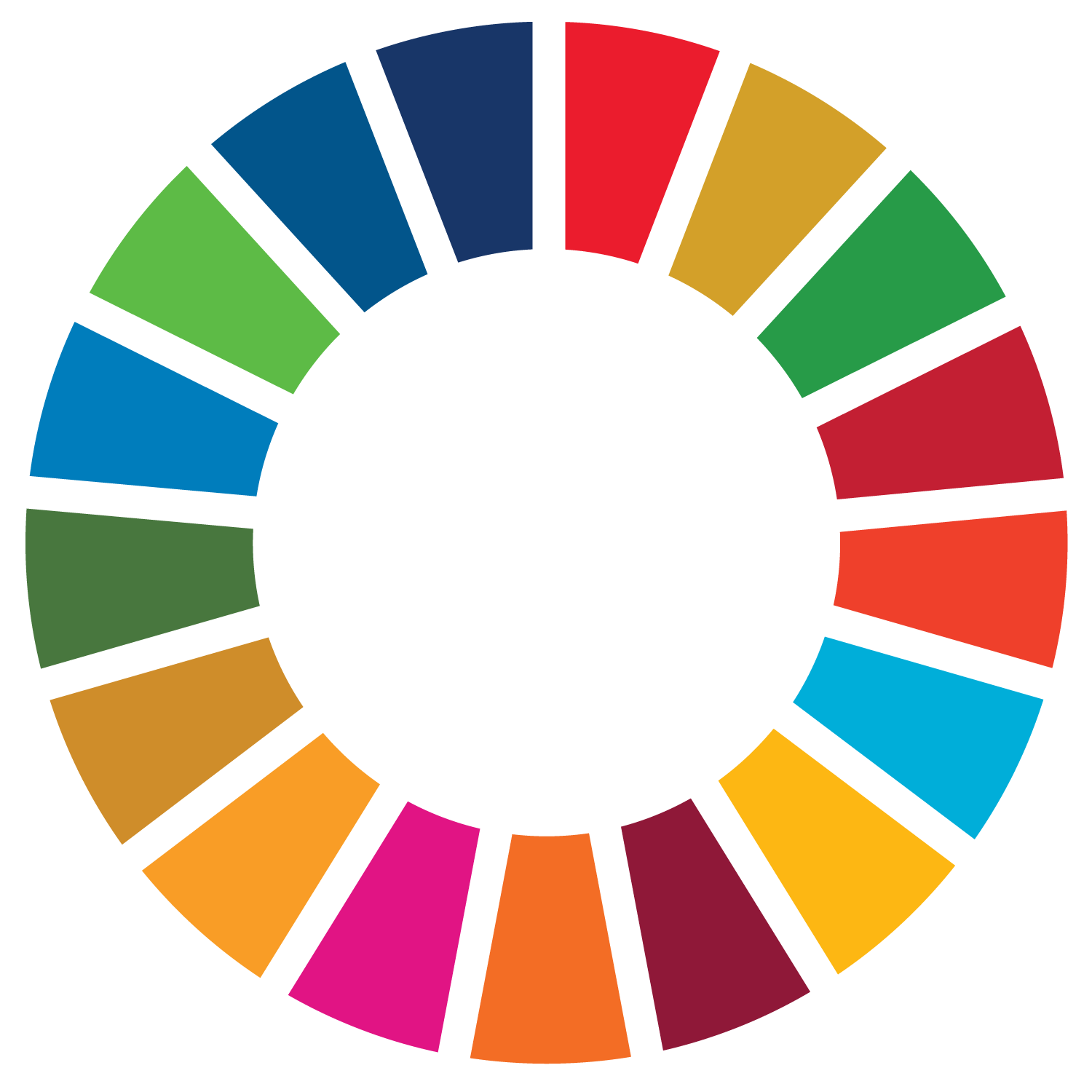Image rights: Dave Hoefler and Unsplash
Vegetated wetlands, such as swamps and marshes, are some of the most wildlife-rich ecosystems on the planet, their shallow waters and abundant plant life supporting everything from insects to ducks to moose.
But these wetlands, as well as lakes, rivers and other watery environments around the world, are in peril, with many polluted or degraded as a result of climate change and human development.
In recent months, though, governments have stepped up their efforts to protect and restore these natural spaces, a drive experts say is not only crucial for protecting biodiversity, but also countering the climate crisis.
A November 2022 meeting of the Ramsar Convention on Wetlands raised the profile of wetlands and their crucial role in achieving the Sustainable Development Goals, humanity’s blueprint for a better future.
The following month at the United Nations Biodiversity Conference, countries reached a landmark agreement to protect nature, a deal that included a provision to restore at least 30 per cent of degraded inland water bodies and conserve healthy freshwater ecosystems in an equitable way.
Coastal and freshwater wetland ecosystems are home to 40 per cent of all biodiversity. Peatlands, a particular type of vegetated wetland, store twice as much carbon as the world’s forests. Yet, over the past 200 years, wetlands have been drained to make way for farmland or infrastructure development.
Around 35 per cent of the world’s wetlands, which also reduce the impact of flooding and cleanse polluted water, were lost between 1970 and 2015.
The loss rate has been accelerating since 2000.
Depending on the amount of sea-level rise caused by the climate crisis, 20-90 per cent of current coastal wetlands, which sequester carbon up to 55 times faster than tropical rainforests, may be lost by the end of the century. Wetlands – important stopovers for migratory birds – have also lost more biodiversity than other terrestrial and marine ecosystems.
Share this post
UNEP-DHI Centre on Water and Environment
Agern Allé 5, 2970 Denmark
Tel: +45 45169200
